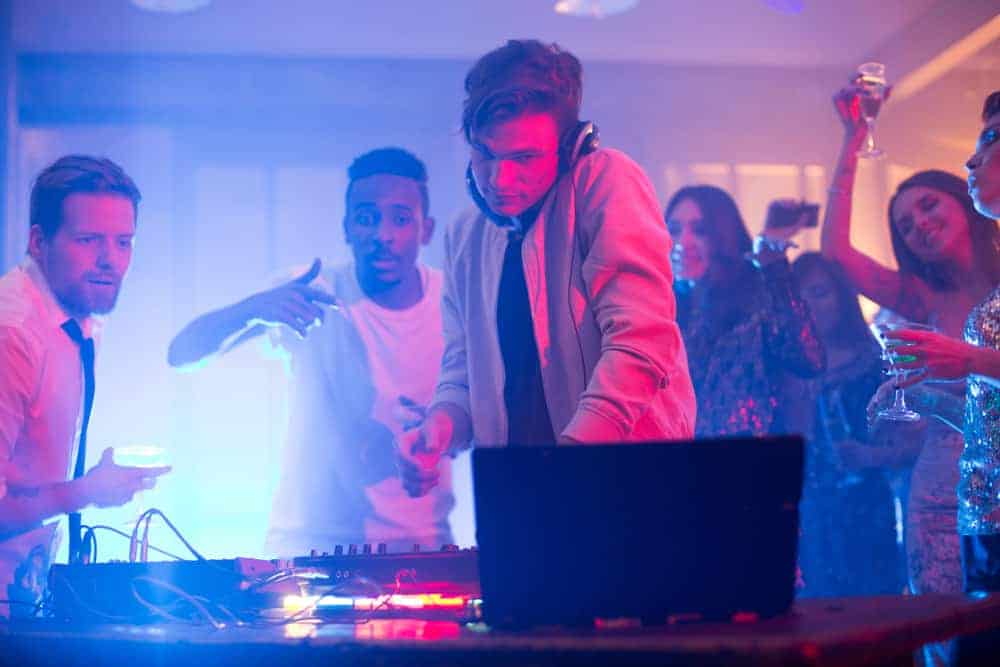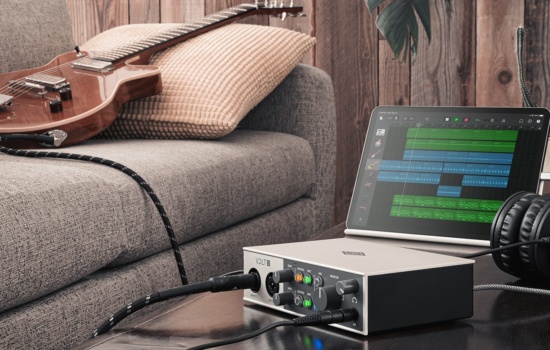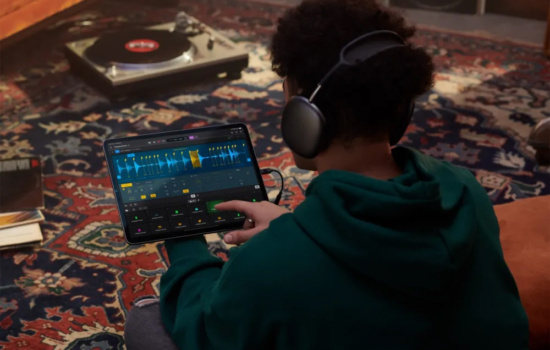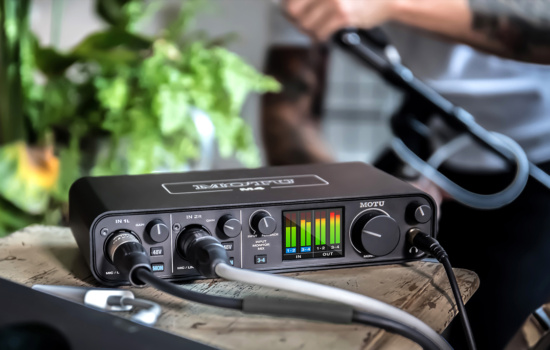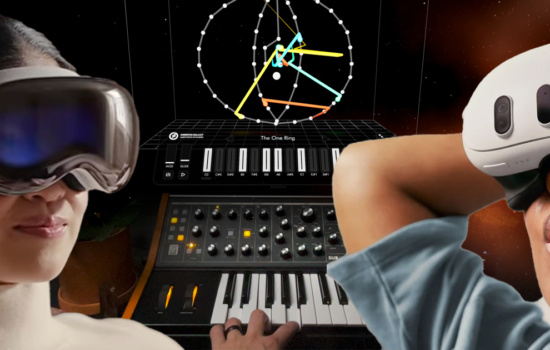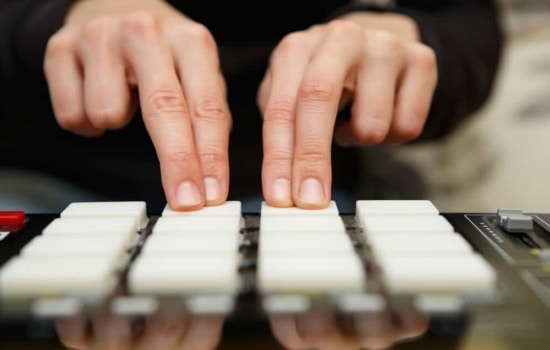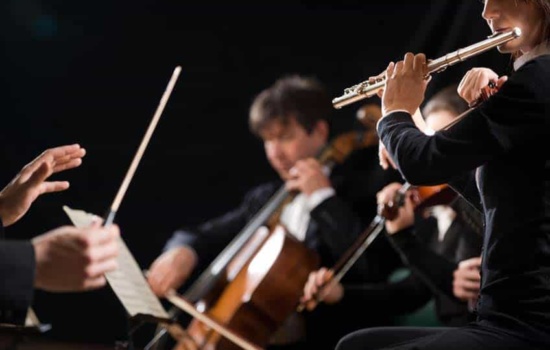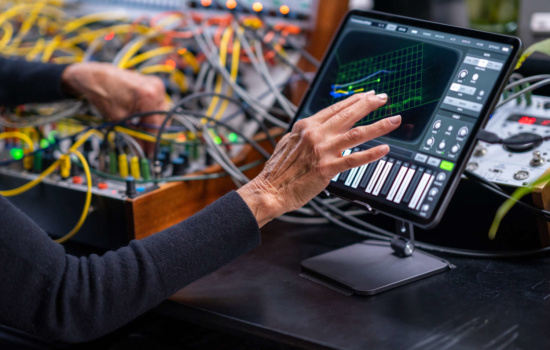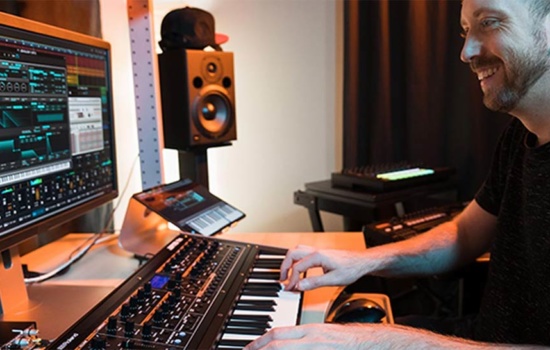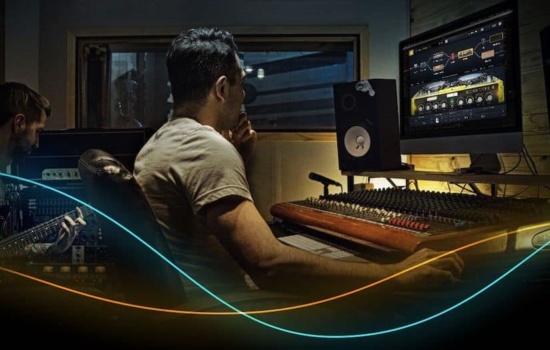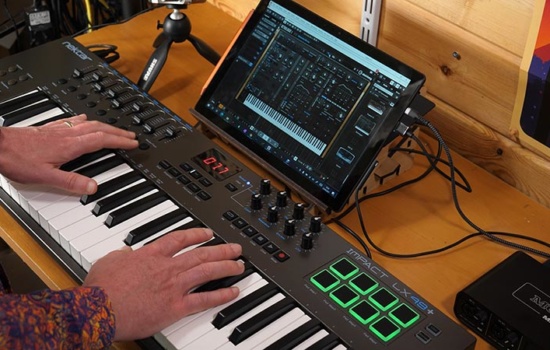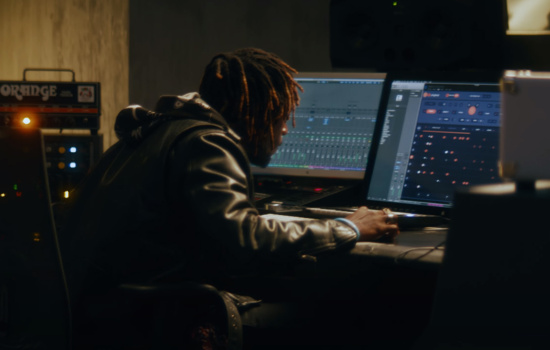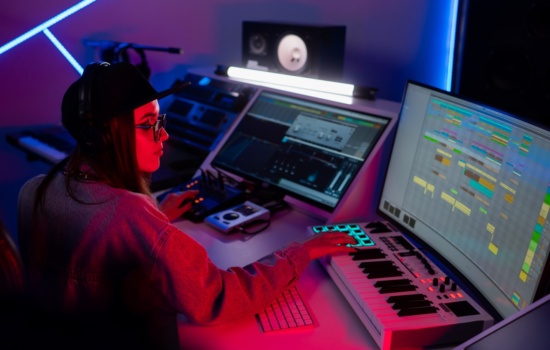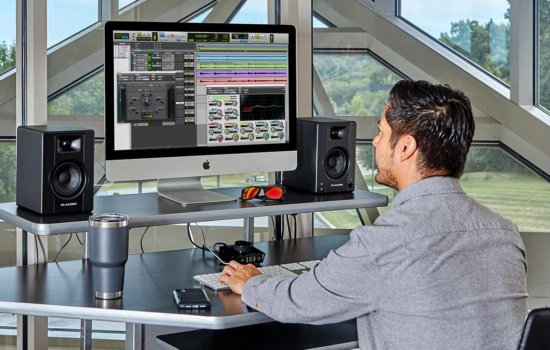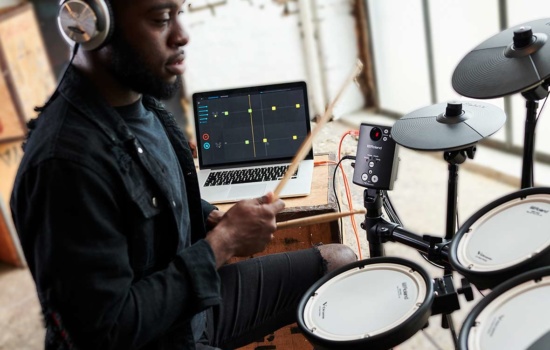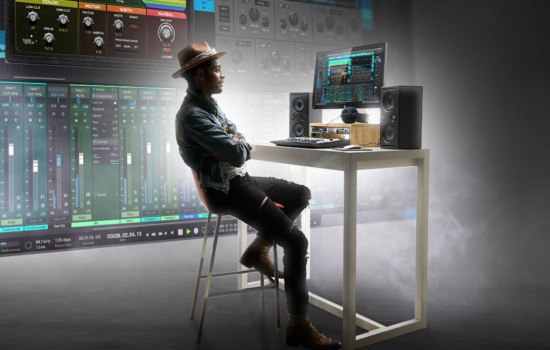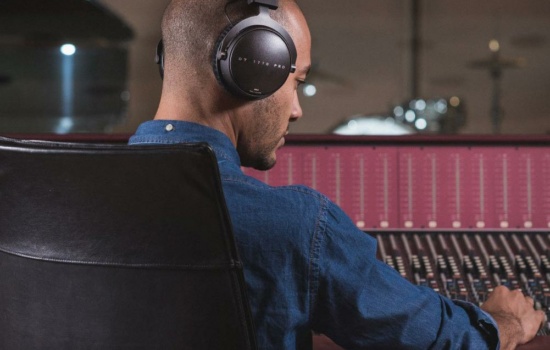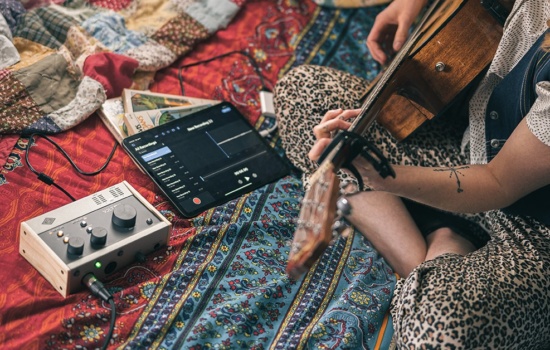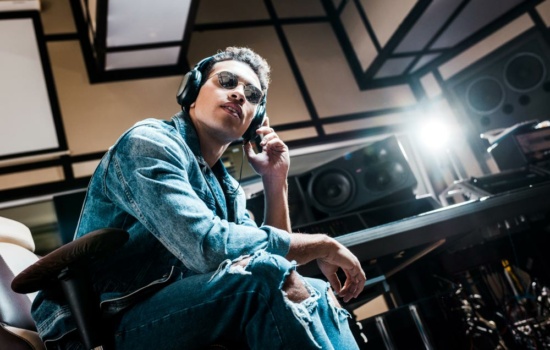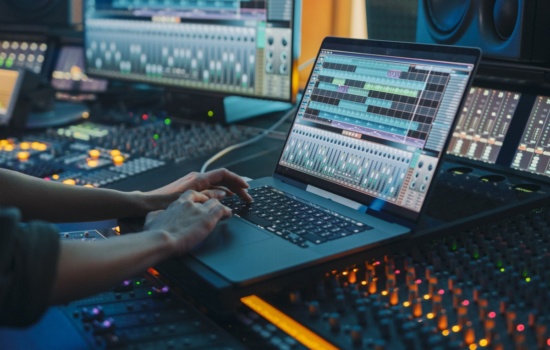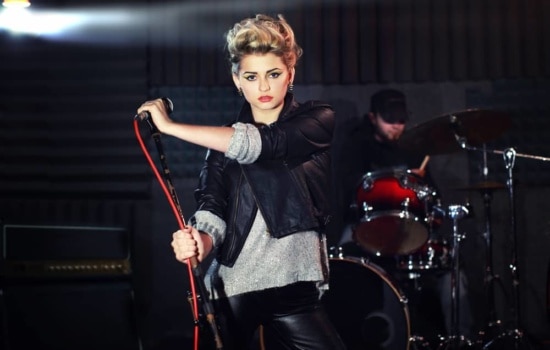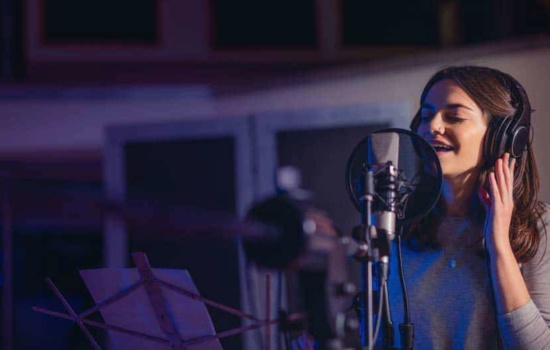Let’s start with some definitions.
There are two types of DJ software categories that are relevant:
- Software for live DJing (such as Traktor, Serato, Ableton, etc)
- Software for “offline” DJing (such as Ableton or FL Studio)
Those who are a little more experienced in the industry will notice that Ableton is one of the few pieces of DJ software that can be used for BOTH live and “offline” mixing, so let’s follow up with two more descriptions.
What do I mean by “live” and what do I mean by “offline” mixing?
Live Mixing:
Software that is used to DJ in front of a crowd, helping you create a DJ performance on the spot, with plenty of flexibility and the ability to curate your set as would someone playing on turntables or via CDJs, etc.
Offline Mixing:
Software that is used to create a DJ set for recording or playback. For example, pre-recorded radio shows, podcasts, Hardwell on Air, A State of Trance, etc.
As DJs, we need to be able to both perform live in front of a crowd and also upload mixes to places like SoundCloud and Mixcloud.
Of course, ANY software that you use to DJ has a strong implication worth considering: namely, that to use SOFTWARE to DJ by definition means that you need a COMPUTER to DJ. After all, you can’t run ANY software without a computer! So knowing that, you need to ask yourself first and foremost: “Do I want to use a computer to DJ in front of a crowd?”
Should you spend your time buying or using software to DJ at all?
I’m going to get a little bit philosophical here, but bear with me, it will all make sense soon. I’ve covered the topic of why I think DJs should NOT use laptops to DJ in front of a crowd in another article I’ve written for this website. And yet, I still feel there is much to be said for finding the best DJ software for beginners.
